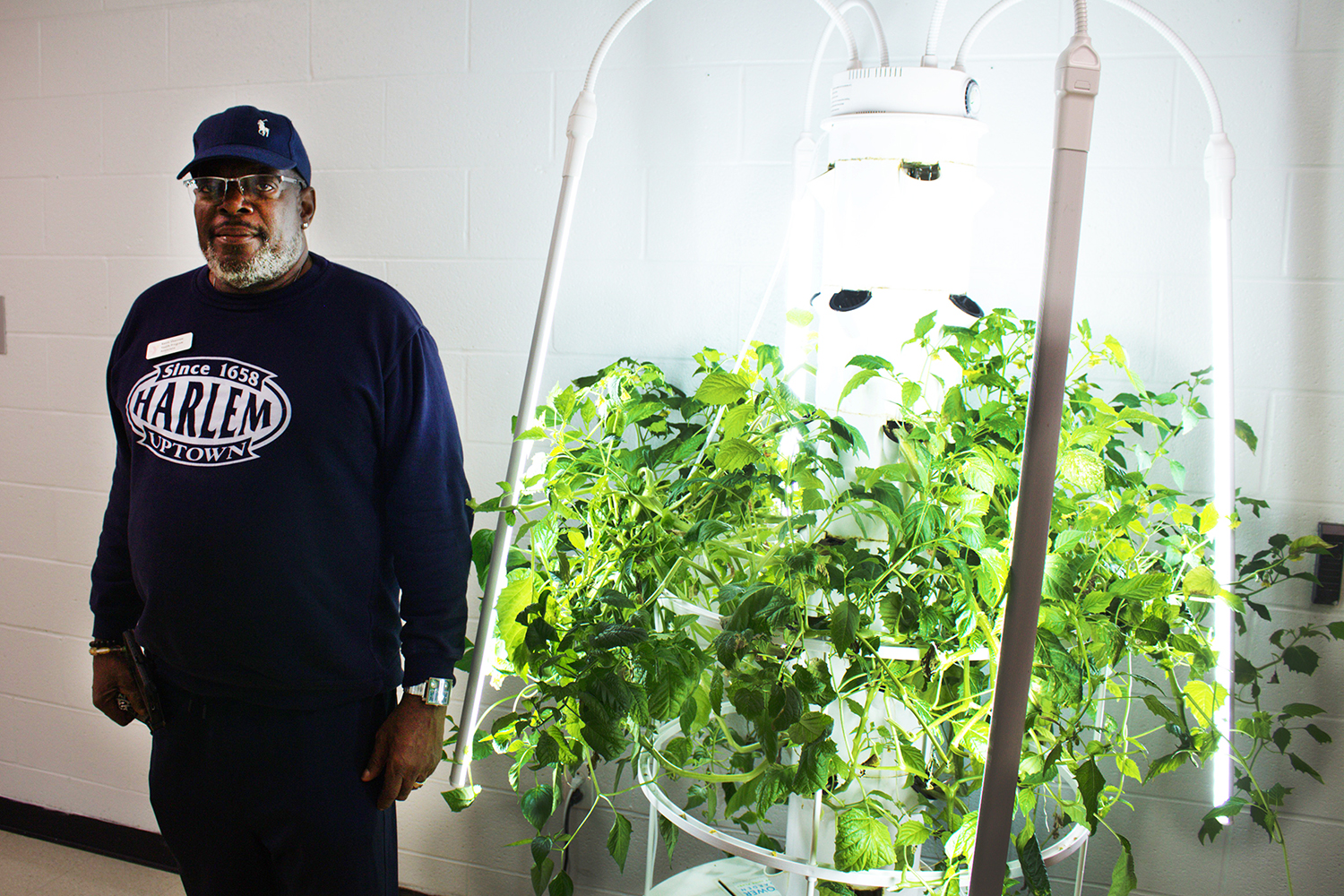Xiaomei Cong, the School of Nursing’s associate dean for research and scholarship, has received the 2021 Virginia A. Henderson Award for Outstanding Contribution to Nursing Research.
The prestigious award is one of several Diamond Jubilee Awards presented by the Connecticut Nurses Association (CNA) to honor distinguished leaders in Connecticut who have made outstanding contributions to the nursing community. The seven awards are categorized by contributions in nursing practice, education, research, administration, political action, service to the CNA, and lifetime achievement. The awards program was created in 1980 in honor of the 75th anniversary of the association.
The Virginia A. Henderson Award is given to an outstanding contributor in nursing research and was presented to Cong on Tuesday evening.
“The selection process is very competitive,” she says. “I feel honored because I know a lot of outstanding nursing researchers who are very talented.”
To receive this award, nominees must propose significant contributions to science of nursing or health care; publish study findings; demonstrate expertise and leadership in a research field; and create an atmosphere that fosters scholarship and research among colleagues.
“Dr. Cong has done all of that and more,” says Dean Deborah Chyun. “Her research directly impacts the care of preterm infants and incorporates cutting-edge genomic science. As our associate dean for research and scholarship, she sets an example for our faculty and students through her own research while also guiding and supporting theirs. I offer my warmest congratulations to Dr. Cong on this much-deserved award.”
Recipients are chosen based on a nomination system. A colleague of Cong’s nominated her for the award to honor her years of nursing research, which she has dedicated to improving vulnerable newborn care in the neonatal intensive care unit (NICU). She has recently begun examining the microbiome of neonates, specifically within the pivotal periods of development in which they stay in the NICU. Cong uses biomarkers to track infants’ stress levels and developmental processes, which is a part of the emerging field of genomic science.
I am a nurse first, so I am proud to work directly with mother and infant patients. — Xiaomei Cong
Cong examines the mechanisms of growth and development of newborns in the NICU who undergo stressful, painful procedures and oftentimes do not receive their own mother’s breast milk.
“We found very interesting results,” Cong says. “If the baby receives more of the mother’s milk and they’re less stressed, we saw that the growth and development outcomes are better.”
Cong is also the director of the School of Nursing’s Biobehavioral Lab on the Storrs campus, allowing her to conduct her own research while supporting other faculty and students’ multidisciplinary work.
“It is my responsibility to support other faculty and students,” says Cong, whose other areas of research include irritable bowel syndrome (IBS) pain measurement and intervention and cardiovascular disease.
In the future, Cong hopes that her research will examine health disparities and environments that impact infant health. “How can nurses improve the diverse, vulnerable population and their babies?” she says. “How can we improve their neurodevelopmental outcome?”
In the lab, Cong says she is looking forward to expanding her team of nurses, nurse practitioners, physicians, pharmacists, and other health care providers for future projects.
“I am a nurse first, so I am proud to work directly with mother and infant patients,” Cong says. “I target my research to help them.”
For more information about the Biobehavioral Lab, its facilities, and its supported research, visit bbl.nursing.uconn.edu.
Follow the UConn School of Nursing on Facebook, Instagram, Twitter, or LinkedIn.



